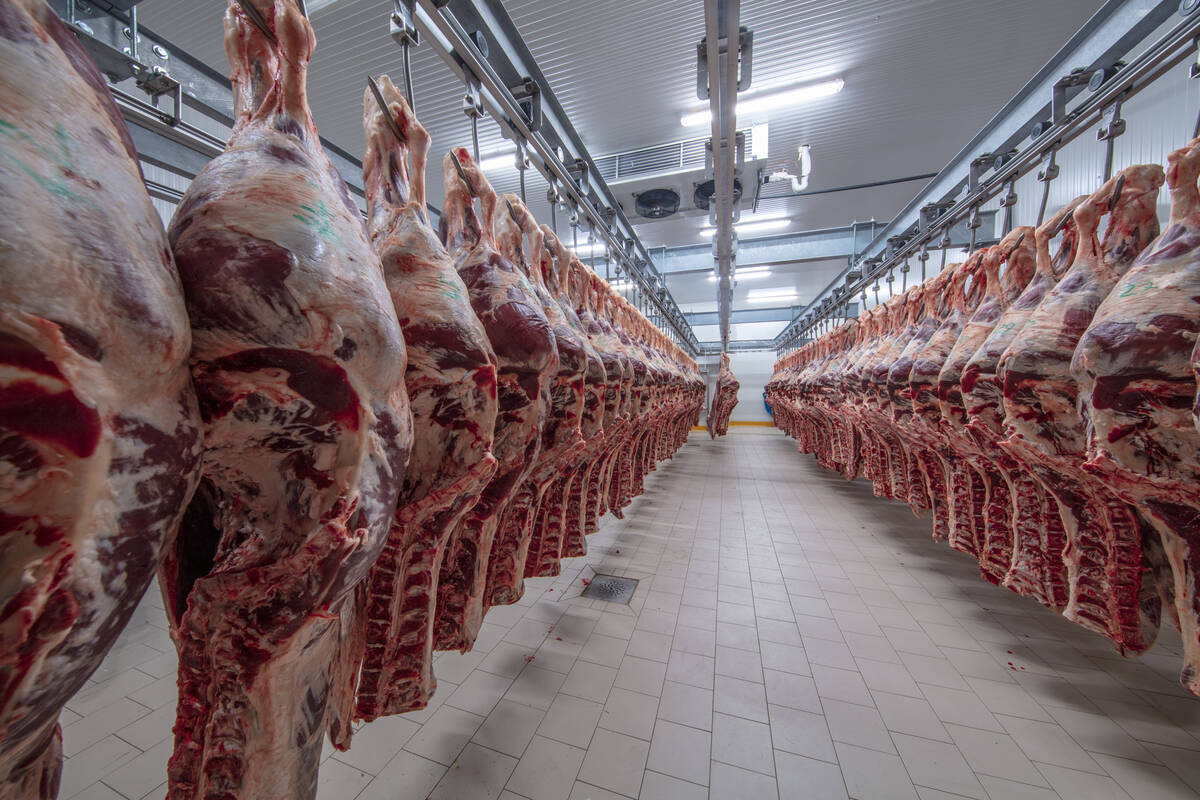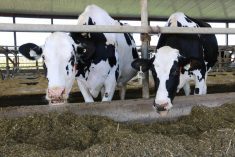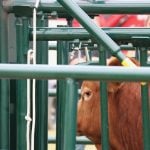Eleven cattle auction markets in four provinces will test different models of radio frequency identification (RFID) systems to come up with a cost/benefit analysis for industry and governments.
The Canadian Cattle Identification Agency (CCIA) on Monday announced its Auction Market Applied Research Project to analyze RFID systems for implementation “to enable traceability at the speed of commerce to the auction market industry.”
Donna Henuset, the CCIA’s project manager, said that with this study’s results in hand, the Calgary-based agency “will be able to make some firm recommendations on the feasibility of traceability at the auction market level.”
Read Also

U.S. livestock: Feeder contracts surge, hogs rise
Chicago feeder cattle contracts surged on Thursday. Live cattle and lean hogs also made healthy gains. Most-active April live cattle…
The “broad cross-section” of participating markets “enabled us to implement systems from multiple vendors, using numerous configurations, and install the systems in locations unique to each market that will support and validate the data collected,” she said in the CCIA’s release Monday.
During the project, backed by the federal/provincial Growing Forward ag policy framework, CCIA will “install, operate and test multiple commercially available RFID reader technologies in eight auction markets across Canada and collect data from three markets with pre-existing systems.”
Participants with systems already in place include the Ontario Livestock Exchange at Waterloo and Greely, and B.C. Co-op Livestock Sales at Kamloops.
The eight new participants include Ontario Stockyards at Cookstown, four markets in Manitoba (Ste. Rose du Lac, Gladstone, Killarney and Winnipeg) and three in Saskatchewan (Whitewood, Spiritwood and Saskatoon).
The results are expected to allow CCIA to come up with recommendations on the viability and costs associated with implementation of a nationwide traceability system, and to provide governments with “an approximate cost to equip the livestock market industry with RFID systems.”
That calls for “a proper assessment of the costs and benefits of reading the tags and collecting and disseminating the data.”
The project research is to be documented in an initial report to be completed in January, CCIA vice-chairman Rick Wright said in the agency’s release.
“These findings will tell us the accuracy of the current technology and provide a basis for moving forward on phase two of the traceability initiatives at an auction market level,” said Wright, who’s also chair of this project’s steering committee.
The federal government and industry have suggested the end of 2011 for the Canadian cattle industry to have implemented full traceability, CCIA said. Elements of a working traceability system will need to include animal identification, premise identification and movement tracking, the agency said.
Thus, CCIA estimates over 250 auction marts and buying stations will need tracking systems installed to achieve “full traceability.”
CCIA’s project announcement was released the day before the Saskatchewan government announced a $5 million voluntary livestock traceability rebate program.
Among other businesses eligible for the rebates, a participating Saskatchewan livestock auction market could get back up to 70 per cent of eligible RFID costs to a maximum $100,000.















